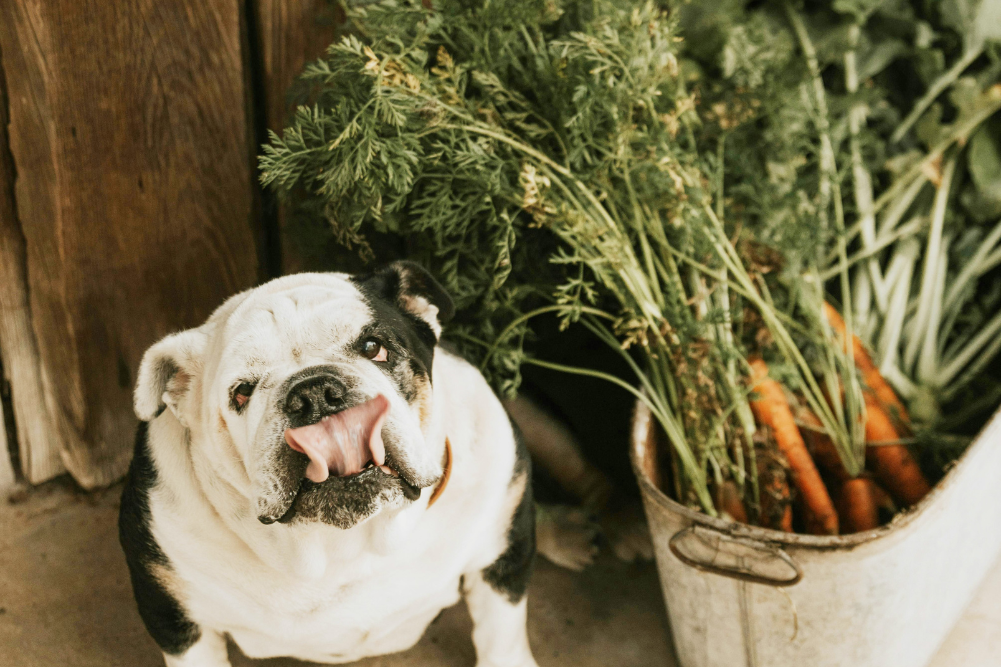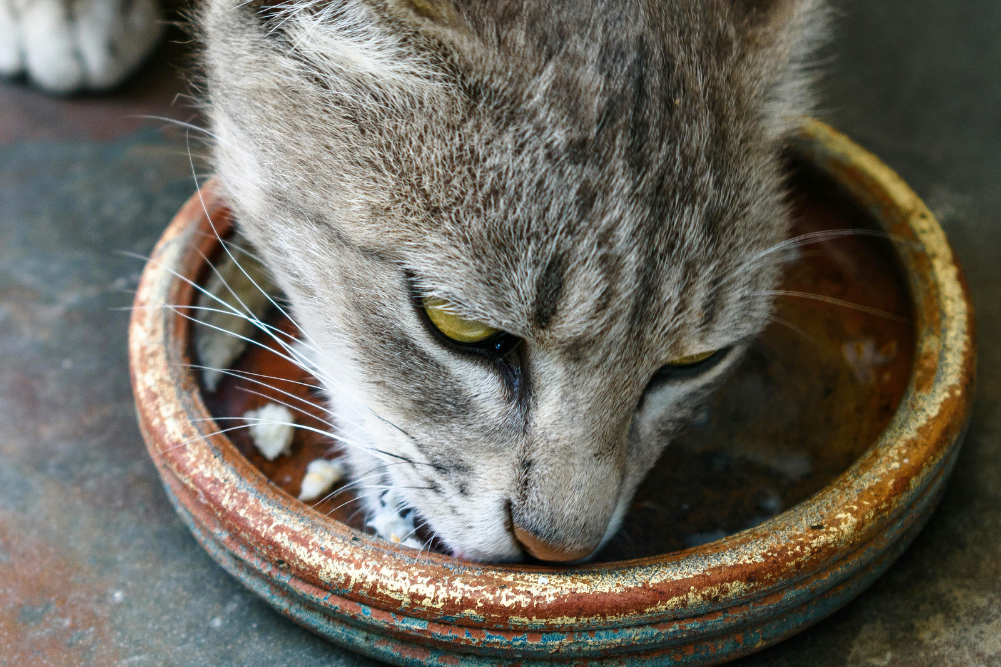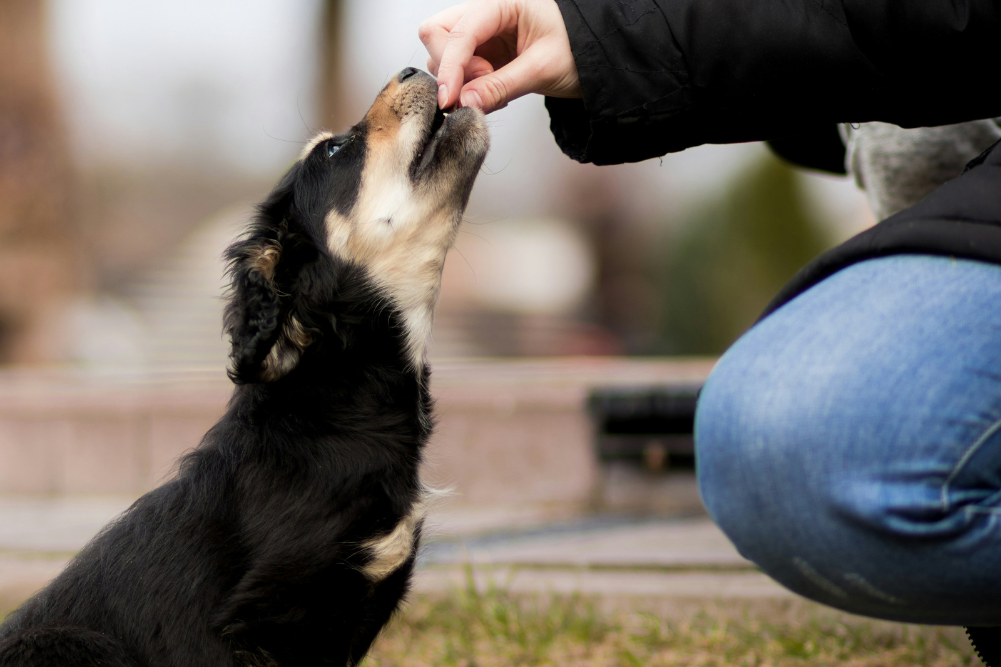Supporting chronic kidney disease in pets
Chronic kidney disease (CKD) affects 0.5–1 per cent of dogs and 1–3 per cent of cats. However it may be up to 80 per cent in older cats. There may be many causes of CKD in pets, including previous toxicity or injury, chronic inflammation, fibrosis and cancer.
However, by the time it is diagnosed, we rarely identify the actual cause. Our focus is usually on supporting the remaining kidney function.
The conventional veterinary approach is to classify the stage based on symptoms, as well as blood and urine results, and manage each stage appropriately. This management may consist of hydration support, phosphate binders to limit high phosphates (reducing phosphates may slow progression of CKD), low-protein diets (reducing protein intake may reduce wastes from protein metabolism), managing high blood pressure if present, giving potassium supplements if required and managing symptoms such as nausea and poor appetite.
The integrative approach
Integrative treatment of kidney disease in dogs and cats uses a combination of these, with additional support. Nutrition is key. Maintaining body weight, healthy gut function and muscle mass will improve the quality of life of pets living with CKD, and improve their overall survival.
So what is the best way to feed dogs and cats with CKD? Should we rely on the prescription diets, with reduced protein and phosphates, that are often recommended? Cats are obligate carnivores, and often fussy eaters. Feeding low-protein diets to cats risks inappetence, weight loss and muscle loss.
Maintaining body weight, healthy gut function and muscle mass will improve the quality of life of pets living with CKD, and improve their overall survival.
Processed foods generally use poor-quality proteins and may include vegetable proteins, which can be poorly digested, and do not contain the essential amino acids required by obligate carnivores. However, simply feeding a home-prepared diet, with good-quality ingredients, that has a similar nutritional profile to a prescription renal diet is not the answer. Ideally the amount and type of protein that will be included in the diet will depend on the individual pet’s needs, and their response.
Since many pets with kidney disease have poor appetites, my approach is to ensure they are eating enough to maintain their weight. If blood tests show rising kidney parameters, or there is protein loss in urine, then I consider introducing lower protein rations for part or all of the diet. I make diet changes slowly, and recommend a variety of foods be offered for most of my CKD patients.
There are many herbs and supplements that have benefits for CKD, and you can mix these into the food. I usually begin with a good-quality fish oil, medicinal mushrooms and an appropriately chosen Traditional Chinese Medicine (TCM) herbal formula. Cold-water marine fish oil is a source of omega-3 essential fatty acids, which have anti-inflammatory and antioxidant effects, and may also reduce blood pressure and protein loss though the kidneys. They provide a healthy source of calories, which is beneficial for pets that are not eating well.
Probiotics are used to support a healthy microbiome, which benefits gut health and supports the immune system. Using probiotic supplements over several months has been shown to reduce serum creatinine levels in people and in cats. I recommend a good-quality veterinary product for my patients.
Astragalus is a tonic used for qi deficiency in TCM. Specific benefits for renal patients may include reducing protein loss via the kidney, reducing serum creatinine levels and reducing inflammation and fibrosis. Rehmannia is a “blood tonic” and has similar benefits: reducing urine protein loss and azotemia (high serum urea and creatinine levels). Rehmannia also has antioxidant benefits, and reduces inflammation and fibrosis. I use these individual herbs in TCM herbal formulae.
Cordyceps is a parasitic fungus that grows on the larvae of insects. Cordyceps may improve renal function and protect against damage. Cordyceps is combined with other medicinal mushrooms for immune-modulating effects, and liver, cardiac and respiratory support.
B vitamins levels are reduced through increased urination in pets with CKD, and low levels may affect appetite and gut function, and may cause anaemia. Levels are also reduced by poor appetite. B vitamins are non-toxic and easy to supplement. I recommend a good-quality B multi product, and often a separate cobalamin supplement for my CKD dogs and cats.
Antioxidants have many benefits. Specifically they may relax smooth muscle, and help to increase glomerular filtration rate and improve kidney function. Milk thistle is widely known for its liver protective effects, but also has non-specific antioxidant effects that may benefit pets with kidney disease. Other antioxidants that can be considered include melatonin, green tea and vitamins E and C.
Acupuncture has shown to improve renal function, reduce protein loss in urine, reduce high blood pressure and improve anaemia in human patients with CKD. I also use it to help manage other health problems common in senior pets, including joint pain, poor appetite and nausea and increasing anxiety.
Every senior pet is unique, and renal disease presents itself in many ways. Symptoms may include weight loss, increased thirst, reduced appetite, nausea and reduced energy. If we diagnose early, we have more time to support the kidney function, so regular health checks at your vet, including urine and blood tests, are recommended for “senior” pets, typically over seven years of age.








